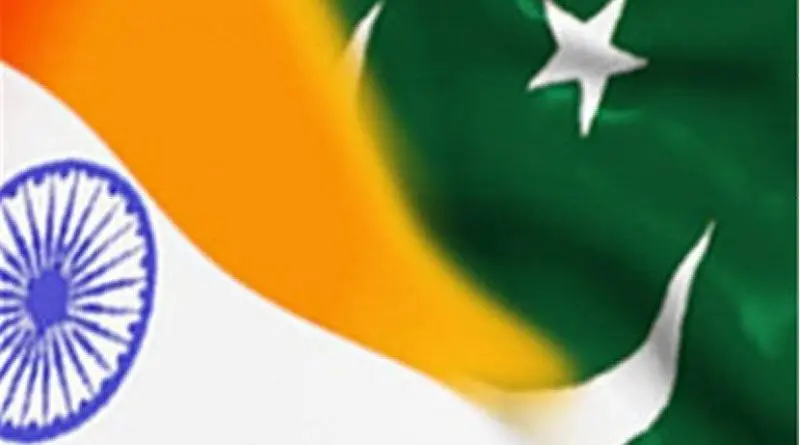Nuclear Jingoism In Indian Foreign Policy: South Asian Security In Crisis – OpEd
By Komal Khan
Does ‘no first-use policy’ of India’s nuclear doctrine under BJP’s conservative regime hold credibility? If it is ‘not first, but isn’t it not second, either?’ In theory, it maintains that it does. But in practice, Modi, like other populist authoritarian leaders including Kim Jong-un of North Korea, is trust deficit in this respect.
Shivshankar Menon, the former Indian national security advisor, in his book ‘Choices: Inside the Making of Indian Foreign Policy,’ while assessing threat potential emanating from ‘no first use’ nuclear policy of India, stipulated his views regarding the Indian nuclear doctrine of ‘no first use.’ His views shed light on the ambiguous posture of Indian nuclear doctrine where if the need arises, India could strike first against a nuclear weapon state.
Stephen P. Cohen in “Nuclear Weapons and Conflict in South Asia” states that the key factors that motivated India to conduct nuclear tests back in 1998 were the deepest assumptions and beliefs held by the Indian policy making community. It is important to mention here is that it was the BJP rule in 1998 that officially recognized India ‘a nuclear state’ after conducting nuclear tests in May same year.
In March 1998, the election manifesto released by the BJP government, led by Atal Behari Vajpayee, pledged for a ‘nuclear state of India’ under the BJP. This trend of Hindutva in India’s national security politics still remains relevant for BJP. The BJP’s manifesto commitment for Indian election 2014 also pledges revision and updating of the nuclear doctrine of India to meet the contemporary challenges. While securing his Hindu vote bank, his commitment for leadership was designed on war and military claims that called on his voters as ‘alert soldiers’. Modi’s war-mongering politics of nukes is a potential threat not only to the South and East Asia’s general and human security, but also to global security as well.
Stephen P. Cohen describes South Asia a region which is more dangerous and less stable due to concentration of nukes with politically and ideologically antagonistic states of Pakistan and India. In ‘Call from Chagai & Pokhran: New Nuclear Order!” Dr. Ishtiaq Ahmed alerts the international community to Kashmir dispute that has possible nuclear potential in case of future escalations. The domestic credibility of populist civil and military institutions in South Asia thrives on averse security agendas in their foreign policy. For Pakistan and India, Kashmir is a vital national security interest in their foreign policies. Particularly, the BJP has been a tough lobby on Kashmir.
In respect to the Hindutva ethno-nationalist claimed territory of Hindu Rashtra and Akhand Bharat, the BJP has remained in opposition to Kashmir’s status as a disputed territory and its autonomy under article 370. An episode like Pulwama in February 2019, the revoking of articles 35A and 370 and repeated boarder escalations with China and Pakistan can be taken as an election stunts of BJP’s populist government to secure vote bank at the cost of regional and global peace.
* The writer is working as a Research Officer at the Strategic Vision Institute (SVI), a non-partisan think-tank based out of Islamabad, Pakistan.

